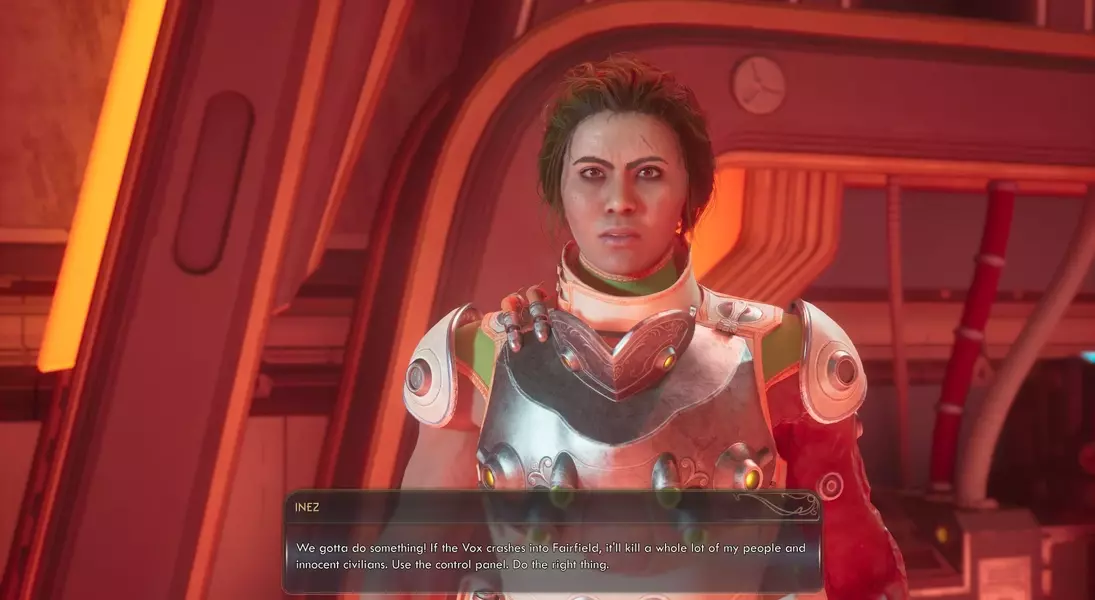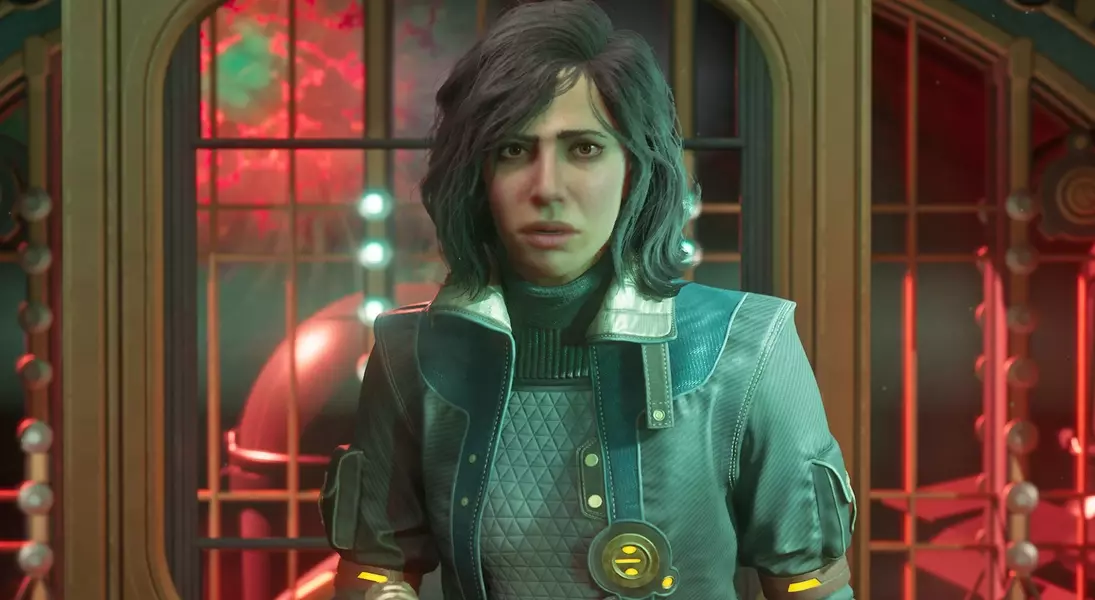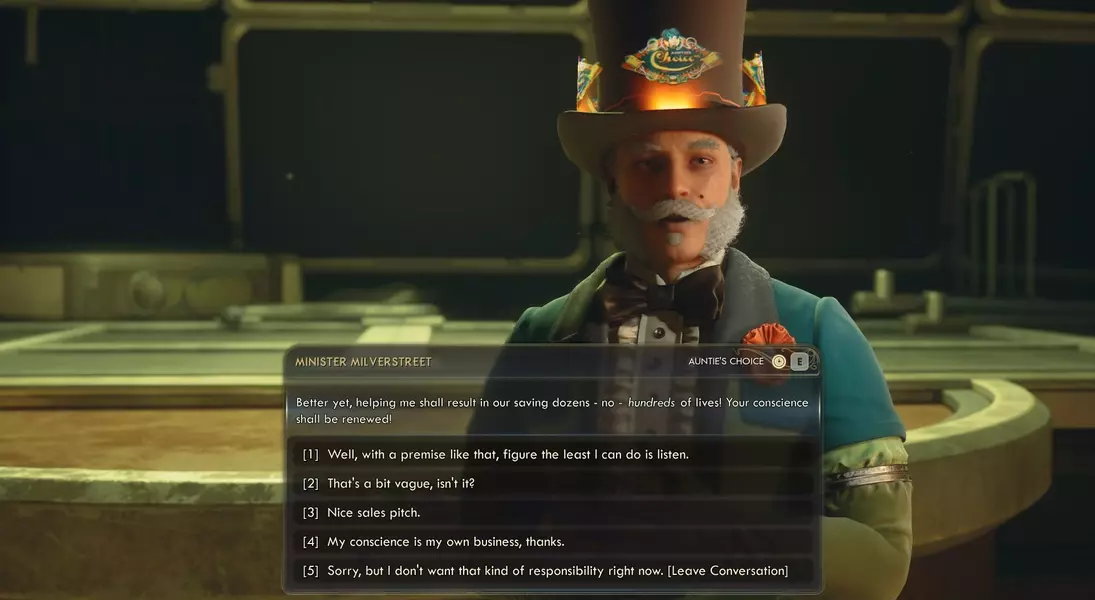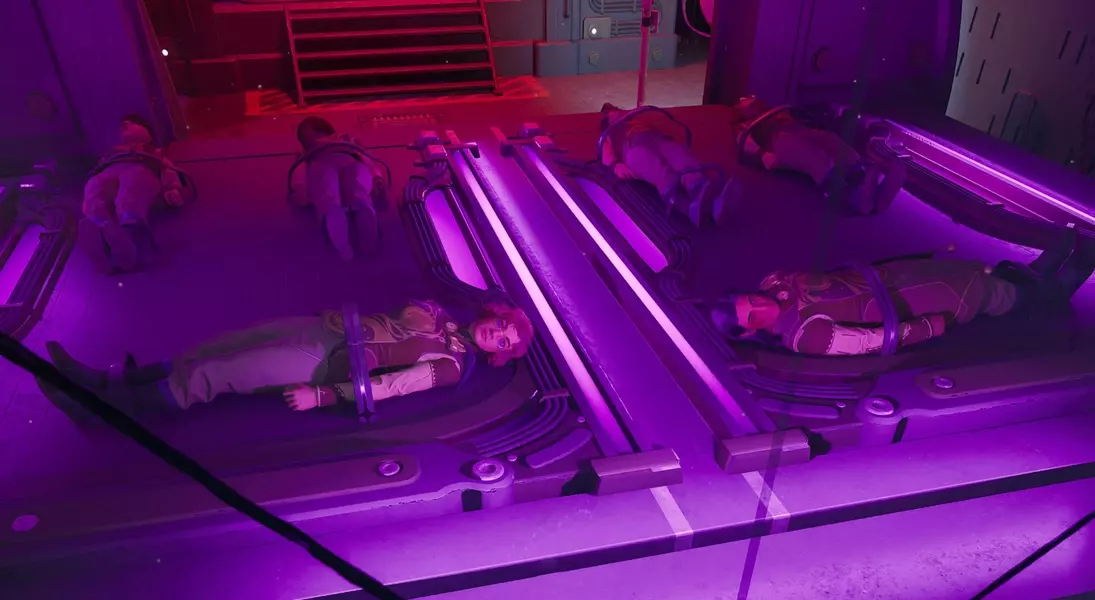





This narrative details a player's unexpected journey from an altruistic hero to a diabolical villain within the expansive universe of 'The Outer Worlds 2'. Initially adhering to traditional RPG heroism, the player faced mounting frustration with repetitive tasks and a lack of genuinely impactful 'good' choices. A pivotal moment involving a mandatory destructive decision, due to an oversight in skill allocation, catalyzed a complete shift in playstyle. This newfound embrace of villainy, characterized by ruthless decisions and calculated atrocities, unveiled a richer, more engaging gameplay experience, ultimately revealing the game's true potential for narrative diversity and player agency beyond conventional morality.
The Unexpected Turn: From Hero to Scourge in 'The Outer Worlds 2'
Our journey begins with a player embarking on 'The Outer Worlds 2' as a quintessential good Samaritan, diligently undertaking mundane errands and assisting every non-player character (NPC) encountered across the celestial expanse. Early missions, such as navigating the treacherous terrain of Paradise Island to infiltrate the Vox Relay Station, initially found our protagonist attempting to resolve issues with unwavering benevolence. However, a growing disillusionment stemmed from the tedious nature of quests, which often involved monotonous travel and uninspired combat against recurring adversaries. The turning point arrived when Minister Milverstreet, a key NPC, imposed yet another burdensome task. Despite a desire to pursue noble outcomes, the player found themselves ironically locked out of a 'morally sound' quest resolution due to insufficient skill points. This forced choice — the destruction of either Fairfield or Westport — was made with a resigned 'eeny-meeny-miny-moe,' leading to the obliteration of an entire settlement. This single act ignited a radical transformation in the player's approach, transitioning from galactic hero to an unapologetic antagonist. Subsequent playthroughs saw the player not only rejecting tedious side quests but actively engaging in acts of deception, robbery, and even manipulating companions like Inez to witness the destruction of their beloved hometown before being abandoned. The depth of villainy escalated further, culminating in orchestrating elaborate schemes, such as convincing Westport residents to relocate to Fairfield only to then decimate the latter with the Vox Relay Station. A particularly memorable exploit involved thwarting a 'science nerd's' attempt to force a heroic choice by deliberately slaughtering hostages, much to the villain's perverse delight. Each malicious act, far from inducing guilt, delivered an unprecedented level of satisfaction and creative engagement.
This unconventional journey through 'The Outer Worlds 2' offers a profound insight: the game's true genius lies not merely in its narrative content, but in its unparalleled capacity for player choice and the branching consequences that follow. While traditionally perceived as 'evil,' these darker paths frequently yield the most intricate, surprising, and ultimately rewarding experiences. It suggests that sometimes, straying from the pre-defined 'hero's journey' can unlock a far richer, more memorable interaction with a game's world and characters. For players accustomed to conventional heroic roles, this narrative serves as an invitation to experiment with moral ambiguity, reminding us that the greatest stories often emerge from the most unexpected decisions.
